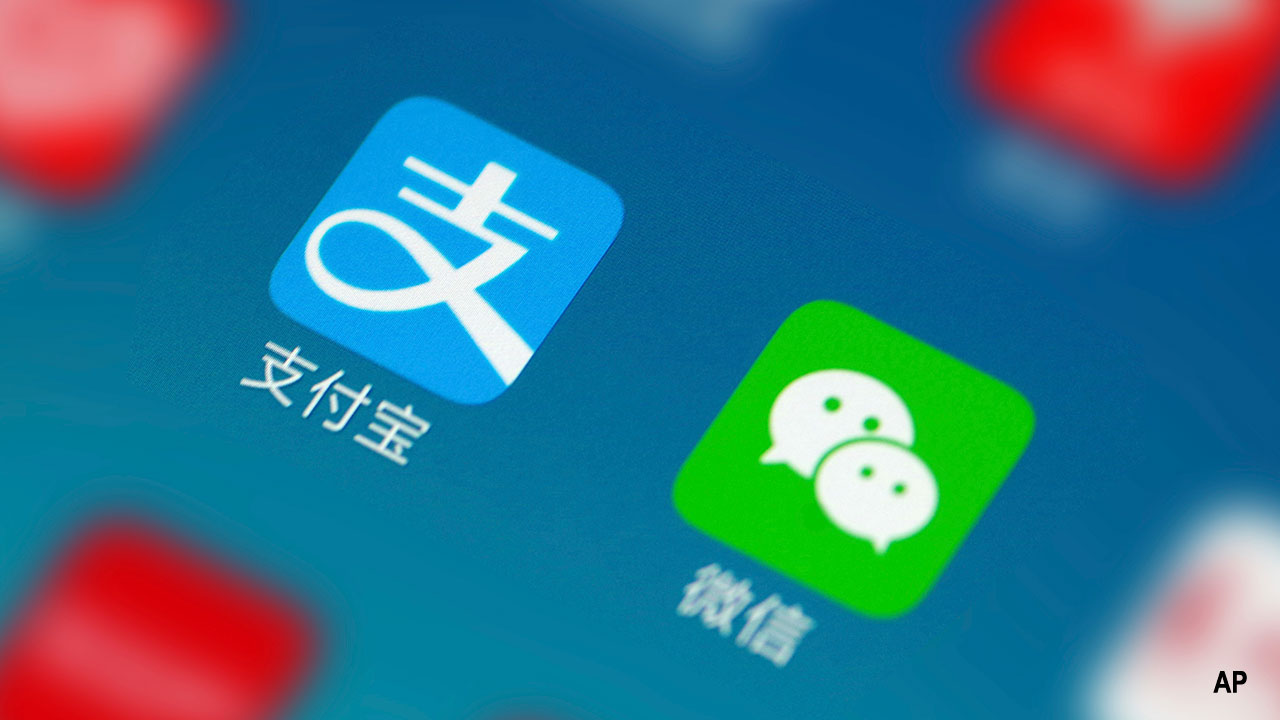

#Wechat pay alipay six more chinese series
Since 2015, Alipay’s operator Ant Financial invested a series of local e-wallet and fintech startups including Paytm (India), Kakao Pay (South Korea), Mynt (the Philipines), Ascend Money (Thailand), and HelloPay (Singapore).

They are also the places where Alipay record most active overseas usage, a spokeswoman from Ant Financial told TechNode.Īlthough tourist consumption remains the top priority in the overseas market, the companies behind them are moving towards local users through investment or partnership with local firms. Regions and countries like Hong Kong, Thailand, Japan, and Korea are the most popular destinations for Chinese tourists. But the partners they are looking at skew toward those more commonly visited by tourists, such as airports duty-free shops, scenic spots, restaurants, and convenience stores. Like in China, the two firms are diligently forming local partnerships to promote themselves as a commercial solution. Known as the world’s most voracious spenders, 135 million Chinese outbound tourists spent a total of $261 billion in 2016, according to World Tourism Organisation. When tapping overseas markets, both companies chose the soft landing approach through easy entry points in Chinese outbound tourists. Alipay and WeChat Pay, the two third-party payment tools that nearly split China’s mobile payment market, are pushing the trend. Now the same mobile payment craze that has taken China is making a foray into overseas markets. Data from research institution iResearch shows that the value of China’s mobile payments market tripled to more than RMB 38.5 trillion ($5.6 trillion) in 2016 and is projected to reach RMB 55 trillion in 2017. The cities of Tianjin, Chongqing, Guangdong, Fuzhou, and Xiamen have also been added, while Beijing is continuing to use the digital token following the Winter Olympics.From flagship stores of top-notch luxury brands to street butcher shops, payment through third-party apps is as valid as cash itself, only with faster and less of a hassle. The six cities in Zhejiang Province, including Hangzhou, that will host the Asian Games in September this year are set to be added to the pilot, with a view to allowing international athletes – and possibly spectators – to use the token. Having piloted the token at the Winter Olympics in February, Beijing is now keen to give the digital CNY another international test – albeit on Chinese soil. “WeChat Pay and other financial infrastructure systems are ‘wallets,’ while the digital yuan is a payment tool – in essence, the contents of a ‘wallet.’”

Mu Changchun, the head of the PBoC’s Digital Currency Research Institute, said last year that WeChat Pay and PBoC were fundamentally different, explaining: Many observers claim that Beijing is keen to break WeChat Pay and Alipay’s growing dominance of the payments market, particularly among younger people, but the PBoC has previously denied that this is the case.

WeChat Pay is the payment platform used in this ecosystem, and tapping into this represents a potentially major milestone for the digital yuan. Moreover, WeChat is more than a mere chat app with an e-pay platform attached – in China it is more akin to a digital ecosystem, comprising a vast array of online and digital services. WeChat is operated by the tech giant Tencent, and WeChat Pay, together with its rival Alipay (run by Alibaba), are estimated to account for 15% of China’s entire payments market. The solution will allow users to create digital yuan wallets in their names via the WeChat Pay-run WeBank service – allowing them to make and receive payments in the digital fiat using either the PBoC’s own app or WeChat Pay.
#Wechat pay alipay six more chinese full
WorkerCN reported that WeChat Pay has fully launched full “support for digital CNY” in all of the existing and new pilot areas. The Chinese e-pay platform WeChat Pay has unveiled a digital yuan interoperability solution that will allow users of the service to make payments in the central bank-issued token.Īs reported, the central People’s Bank of China (PBoC) has recently expanded the number of cities included in its pilot for the digital CNY to include the financial and industrial hub of Guangzhou and other major urban centers.


 0 kommentar(er)
0 kommentar(er)
